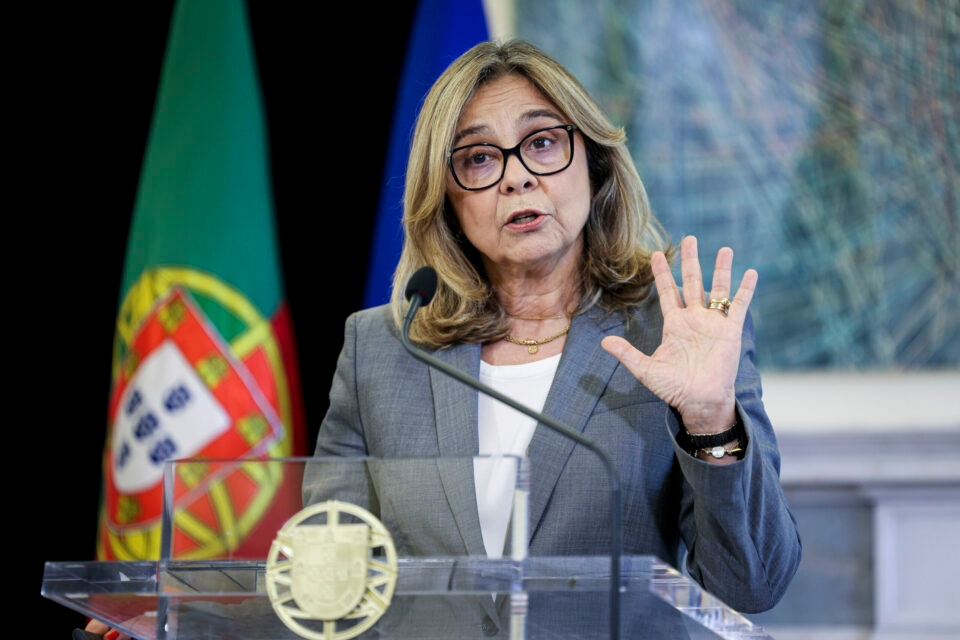European Union and Indonesia sign free trade agreement at ceremony in Bali

The European Union (EU) and Indonesia signed a free trade agreement on the island of Bali today, after almost a decade of negotiations, amid global trade tensions and a search for new strategic partners.
The treaty was initialed by the European Commissioner for Trade, Maros Sefcovic, and the Indonesian Minister for Economic Affairs, Airlangga Hartarto, in a ceremony held at 11:00 local time (04:00 in Lisbon) in the main tourist destination of the Asian archipelago.
"The EU and Indonesia are sending a powerful message to the world: we are united in our commitment to open, mutually beneficial, and rules-based international trade," Sefcovic said after the signing, which was broadcast live and called a "historic moment."
European Commission President Ursula von der Leyen and Indonesian President Prabowo Subianto had already announced the conclusion of negotiations in July, describing the agreement as “ambitious” and promising for both economies.
Wearing a traditional Indonesian batik shirt, the European commissioner highlighted that the treaty "supports the diversification of supply chains for raw materials essential for the future."
"Indonesia is a major global player in this field," Sefcovic said, calling the agreement "balanced and future-oriented."
Indonesia, Southeast Asia's largest economy, holds the world's largest reserves of nickel—a strategic resource for the electric vehicle industry—and aims to position itself as a key supplier to green economies.
"This is a new era in our bilateral relations," declared the Indonesian minister, who wore the same traditional attire. Airlangga said he believes the agreement will benefit both sides and added that its ratification could take place in January 2027.
Negotiations between Brussels and Jakarta lasted for about 10 years, with palm oil being one of the main points of contention. Produced primarily in Indonesia and Malaysia, its use is subject to EU restrictions due to the environmental impact associated with deforestation.
The signing of the treaty comes at a time of growing trade tensions, particularly due to new US tariffs. Washington agreed with the EU on a generalized 15% tax, but imposed a 19% tariff on Indonesian exports, prompting Jakarta to seek trade alternatives.
jornaleconomico





